#1992.ep04
Text
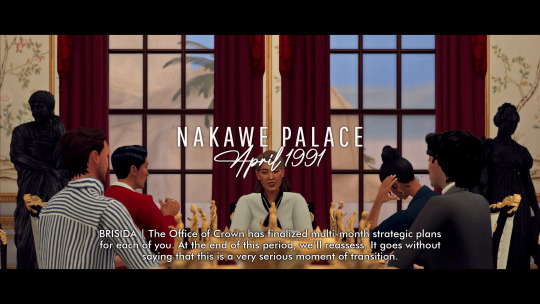
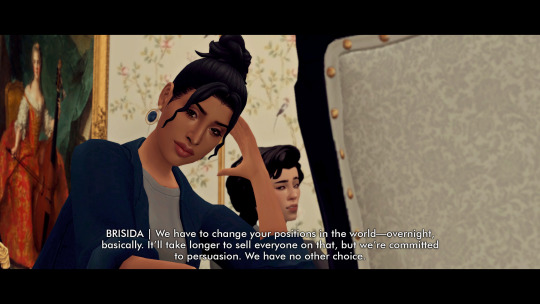
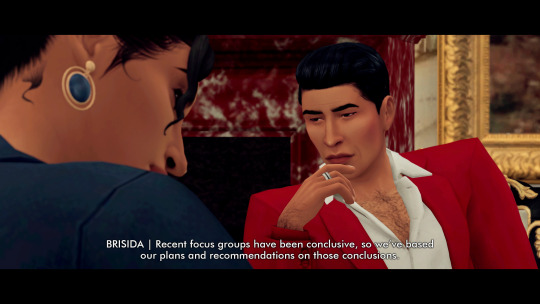
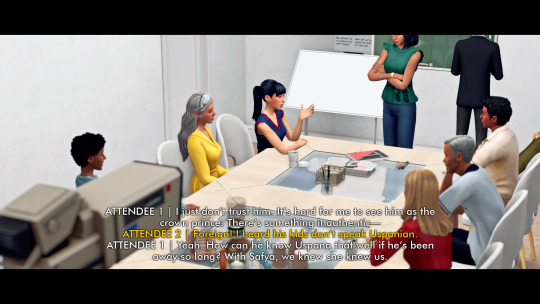
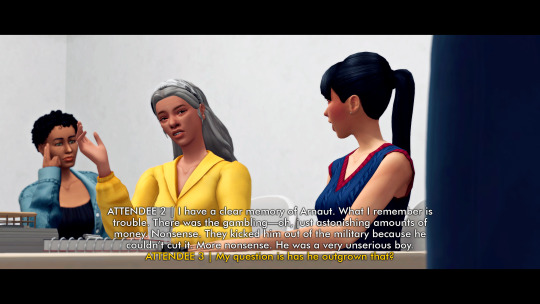
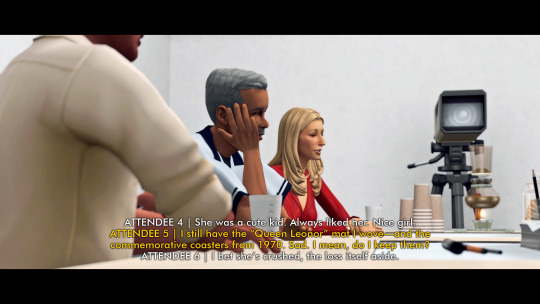
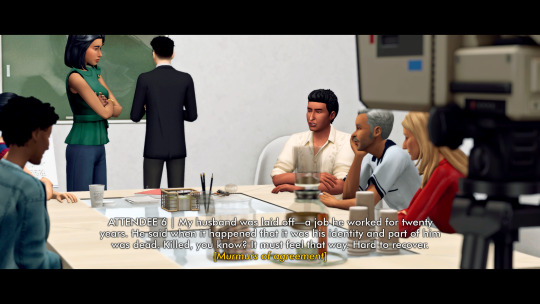
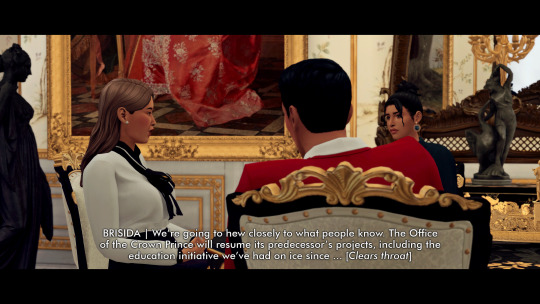
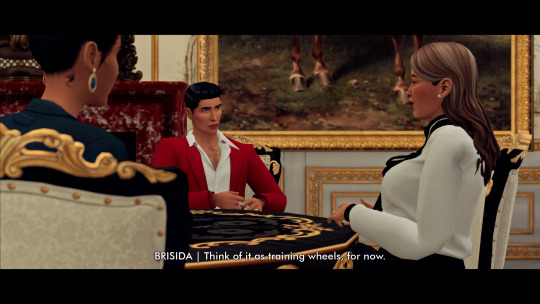
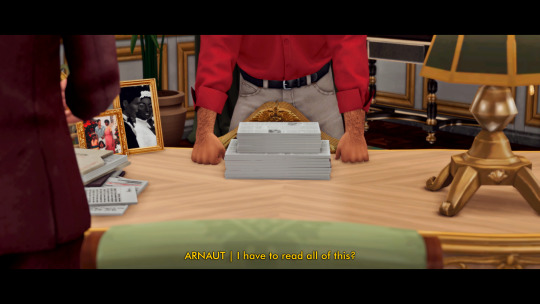
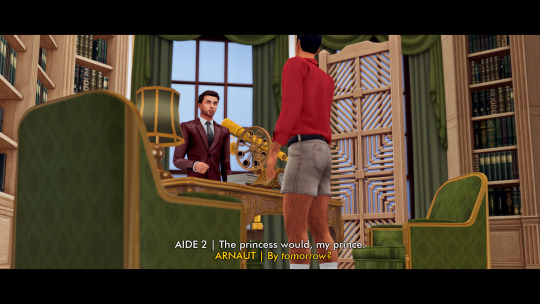

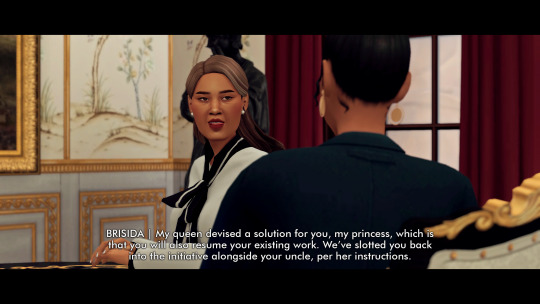
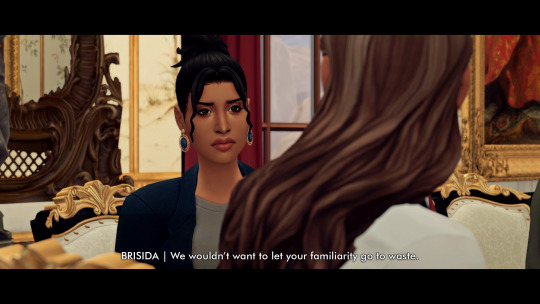
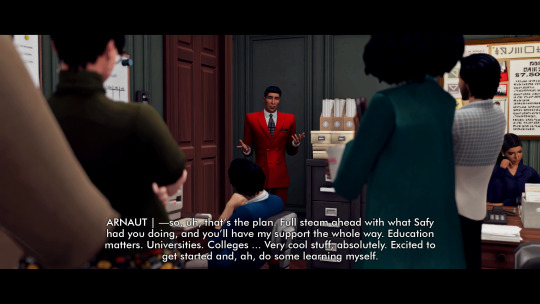
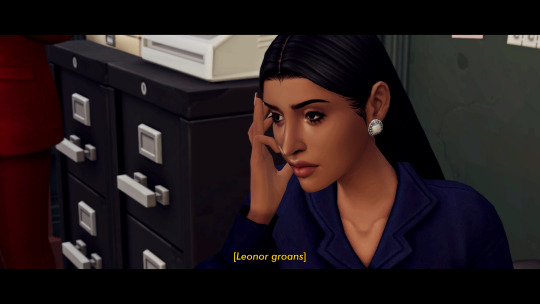
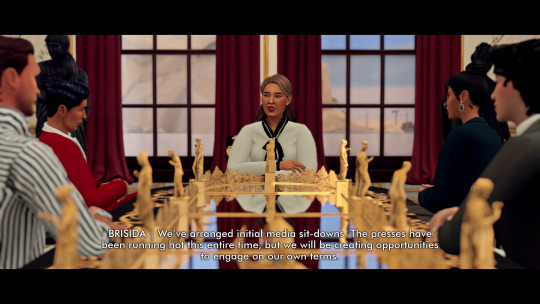
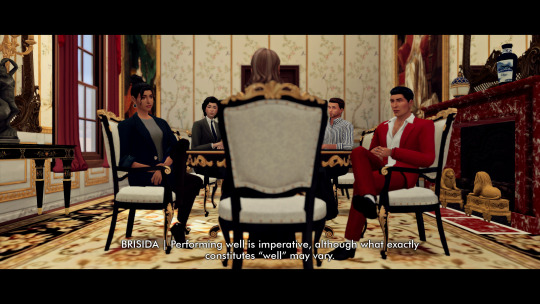
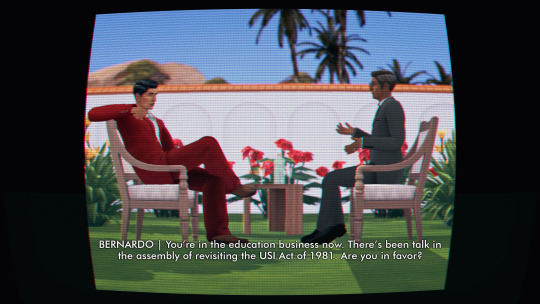


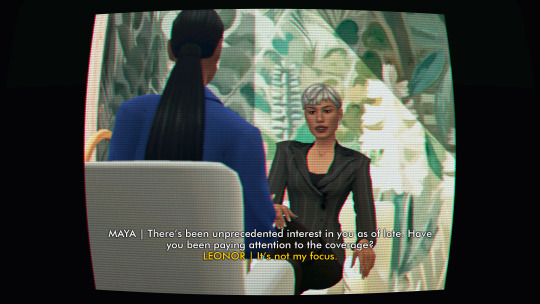
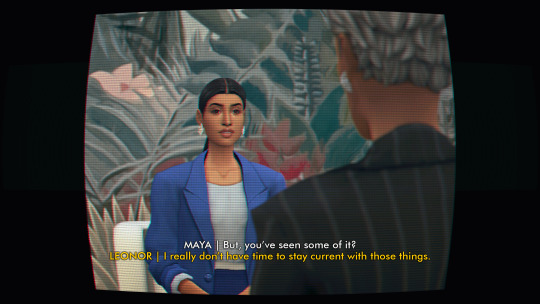
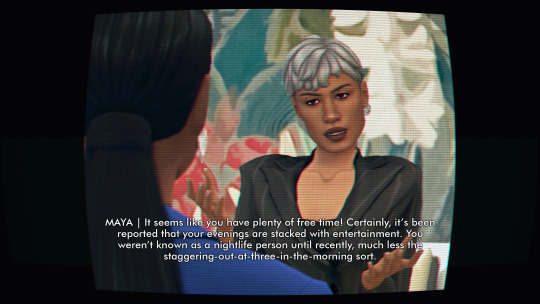
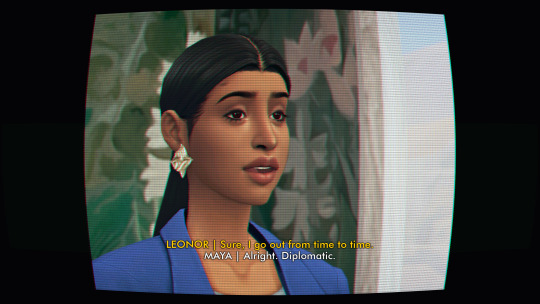
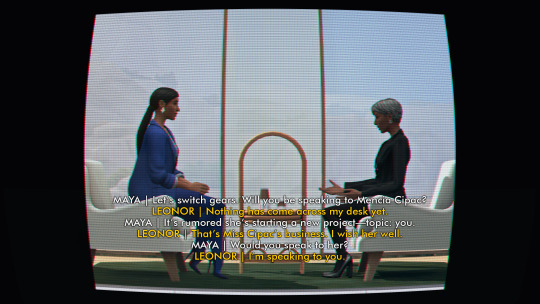
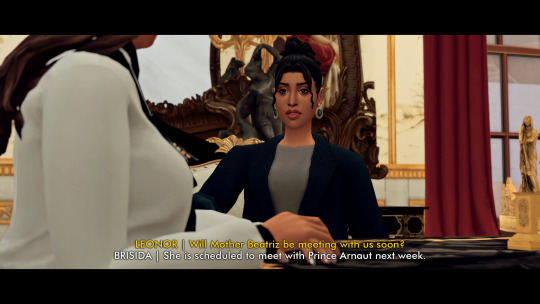
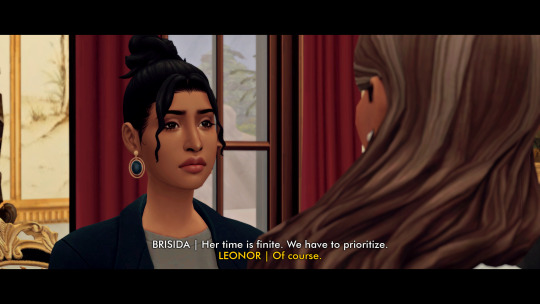
𝐍𝐎. 𝟏 ❛ 𝐡𝐨𝐭 𝐚𝐧𝐝 𝐟𝐚𝐬𝐭 ❜ | NAKAWE PALACE, APRIL 1991
❧ 𝐝𝐢𝐫𝐞𝐜𝐭𝐨𝐫𝐲 / 𝐛𝐞𝐠𝐢𝐧𝐧𝐢𝐧𝐠 / 𝐩𝐫𝐞𝐯𝐢𝐨𝐮𝐬 / 𝐧𝐞𝐱𝐭.
❛ Leonor had always worked. She could not remember a time when she hadn’t; in even her earliest memories, she was a focused observer on the periphery of business underway. Like designated heirs before her, she lived according to a strict regime premised on the idea that education must be experiential. Instead of attending school, Leonor’s day saw her shuffled between academic tutors and the myriad meetings that occupied her mother and grandmother. It eventually became insufficient to only sit on the sidelines, however silent and attuned. Instead, Beatriz would—without a glance, as her eyes remained fixed upon some poor minister or combative legislator—throw out a question Leonor came to know well. Her grandmother would ask, nonchalant, “ What about it, Leonor? "
❧ progress :^)
𝐬𝐜𝐞𝐧𝐞 𝐜𝐨𝐧𝐭𝐢𝐧𝐮𝐞𝐝 & 𝐭𝐫𝐚𝐧𝐬𝐜𝐫𝐢𝐩𝐭 ↓
Uspana’s public employees knew they held bit parts in the education of their future sovereigns. They played along when necessary but, for the most part, could ignore the occasional intrusion. Now an adult, Leonor wondered what they truly thought during those moments when the queen pretended to consult with her grandchild on questions most adults would find confounding. It was routine for Leonor. It had been routine for those before her. Yet, she understood that they were all extraordinary—that their lives were tied up in unyielding bows of pageantry and ritual, even behind ostensibly closed doors, while millions of other children were allowed to be immature and irresponsible.
Even the children of politicians had childhoods. Despite lacking many firsthand comparisons, she had wistfully perceived the gulf between herself and Arturo on many occasions. The difference between the child of a politician and the child of a royal was simple: he could be anything he wanted to be, but she was born for one singular purpose. That purpose was too immense for childhood. One had to give, and it was for each successive generation a foregone conclusion as to which must go.
Leonor could recall with perfect clarity the first time her grandmother had posed the question. A dozen pairs of eyes fell upon her while she sat like a stone in a rigid antique chair against the boardroom’s far wall. Barely ten years old, she felt the room go sideways as her heart raced and her skin warmed. Her feet didn’t touch the floor in that chair; she had held them perfectly still as she stared at the shiny black leather of her shoes. In her mind, she scrambled for an answer to a question whose operative words she could not define.
Still, she understood something crucial. Beatriz didn’t want her opinion on the minutiae of the budget being discussed. What she wanted was to know Leonor had apprehended a different, much more crucial element of the meeting—if she understood, as any good ruler must, that all politics are inseparable from personality. Leonor finally repeated something she heard a minister say, choosing with care the person whose words she would echo. She knew that this man was an enemy of the queen. She also knew that Beatriz was currently pretending to like him because he was despised by another colleague, one whom Beatriz disliked even more. Leonor couldn’t wrap her child’s mind around the fiscal debate, nor did she know the full details of these relationships. She had nonetheless paid attention to them, and she understood the dynamics the way other children might the convoluted conflicts of a schoolyard playground.
It was in this way that she developed the skills her work required. Some of it came naturally. Leonor knew herself to be intelligent, perceptive, and diligent. As she grew older, questions of policy and public relations became easier to tackle. She could weigh in on debates with her own opinions, and she could form those opinions based in part on her command of the ever-shifting social networks that so often controlled the workings of government. Sometimes, Beatriz embarrassed her. She sat back, smug and prideful, other times. More than just pleasing her grandmother, being able to actively serve the Crown was fulfilling. It was satisfying work—work laid out, not just by custom, but by divinity itself. Leonor believed this was indeed what she had been born to do, and the pursuit of doing it well gave her life clear, constant purpose.
In early 1991, she no longer felt that way. Her purpose had been taken in the only legitimate way available; the death that triggered the process, meanwhile, had robbed her of the desire to find a new purpose. It was possible she would never be satisfied or fulfilled again, and she toyed with the idea of accepting that proposition. No one seemed to care what shape her life took next. She could rot in her apartment for years if she wanted.
Yet, soon enough, a realization crawled its way from deep inside her. She could not completely hold back the unpleasant feeling of stagnation that such a life threatened. Leonor was not ready to entomb herself. She was still intelligent, perceptive, and diligent. She had taken to her work for more reasons than just obligation and routine. Grief had obliterated much, but those fundamentals remained the same. Time’s ceaseless passage, stretching days into weeks and weeks into months, eroded enough of the mind-numbing pain to reveal this basic truth. Leonor needed to do something. Although there was nothing she desired to do, passion was not a prerequisite. The choice made itself: Leonor, in truth, was only really capable of doing one thing.
TRANSCRIPT:
BRISIDA | The Office of Crown has finalized multi-month strategic plans for each of you. At the end of this period, we’ll reassess. It goes without saying that this is a very serious moment of transition.
BRISIDA | We have to change your positions in the world—overnight, basically. It’ll take longer to sell everyone on that, but we’re committed to persuasion. We have no other choice.
BRISIDA | Recent focus groups have been conclusive, so we’ve based our plans and recommendations on those conclusions.
ATTENDEE 1 | I just don’t trust him. It’s hard for me to see him as the crown prince. There’s something inauthentic—
ATTENDEE 2 | Foreign! I heard his kids don’t speak Uspanian.
ATTENDEE 1 | Yeah. How can he know Uspana that well if he’s been away so long? With Safya, we knew she knew us.
ATTENDEE 2 | I have a clear memory of Arnaut. What I remember is trouble. There was the gambling—oh, just astonishing amounts of money. Nonsense. They kicked him out of the military because he couldn’t cut it. More nonsense. He was a very unserious boy.
ATTENDEE 3 | My question is has he outgrown that?
ATTENDEE 4 | She was a cute kid. Always liked her. Nice girl.
ATTENDEE 5 | I still have the “Queen Leonor” mat I wove—and the commemorative coasters from 1970. Sad. I mean, do I keep them?
ATTENDEE 6 | I bet she’s crushed, the loss itself aside.
ATTENDEE 6 | My husband was laid off—a job he worked for twenty years. He said when it happened that it was his identity and part of him was dead. Killed, you know? It must feel that way. Hard to recover.
[Murmurs of agreement]
BRISIDA | We’re going to hew closely to what people know. The Office of the Crown Prince will resume its predecessor’s projects, including the education initiative we’ve had on ice since … [Clears throat]
BRISIDA | Think of it as training wheels, for now.
ARNAUT | I have to read all of this?
AIDE 2 | The princess would, my prince.
ARNAUT | By tomorrow?
[Arnaut sighs]
BRISIDA | My queen devised a solution for you, my princess, which is that you will also resume your existing work. We’ve slotted you back into the initiative alongside your uncle, per her instructions.
BRISIDA | We wouldn’t want to let your familiarity go to waste.
ARNAUT | —so, uh, that’s the plan. Full steam ahead with what Safy had you doing, and you’ll have my support the whole way. Education matters. Universities. Colleges … Very cool stuff, absolutely. Excited to get started and, ah, do some learning myself.
[Leonor groans]
BRISIDA | We’ve arranged initial media sit-downs. The presses have been running hot this entire time, but we will be creating opportunities to engage on our own terms.
BRISIDA | Performing well is imperative, although what exactly constitutes “well” may vary.
BERNARDO | You’re in the education business now. There’s been talk in the assembly of revisiting the USI Act of 1981. Are you in favor?
ARNAUT | Well, that would depend.
BERNARDO | On … ?
ARNAUT | If you can tell me what the “USI Act of 1981” is.
MAYA | There’s been unprecedented interest in you as of late. Have you been paying attention to the coverage?
LEONOR | It’s not my focus.
MAYA | But, you’ve seen some of it?
LEONOR | I really don’t have time to stay current with those things.
MAYA | It seems like you have plenty of free time! Certainly, it’s been reported that your evenings are stacked with entertainment. You weren’t known as a nightlife person until recently, much less the staggering-out-at-three-in-the-morning sort.
LEONOR | Sure, I go out from time to time.
MAYA | Alright. Diplomatic.
MAYA | Let’s switch gears. Will you be speaking to Mencia Cipac?
LEONOR | Nothing has come across my desk yet.
MAYA | It’s rumored she’s starting a new project—topic: you.
LEONOR | That’s Miss Cipac’s business. I wish her well.
MAYA | Would you speak to her?
LEONOR | I’m speaking to you.
LEONOR | Will Mother Beatriz be meeting with us soon?
BRISIDA | She is scheduled to meet with Prince Arnaut next week.
BRISIDA | Her time is finite. We have to prioritize.
LEONOR | Of course.
46 notes
·
View notes